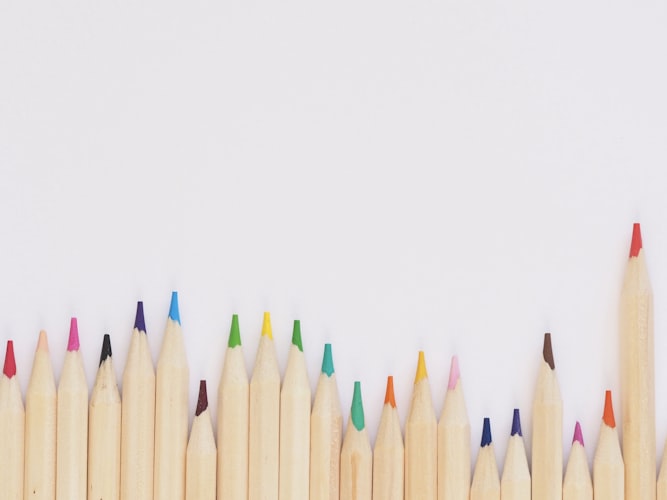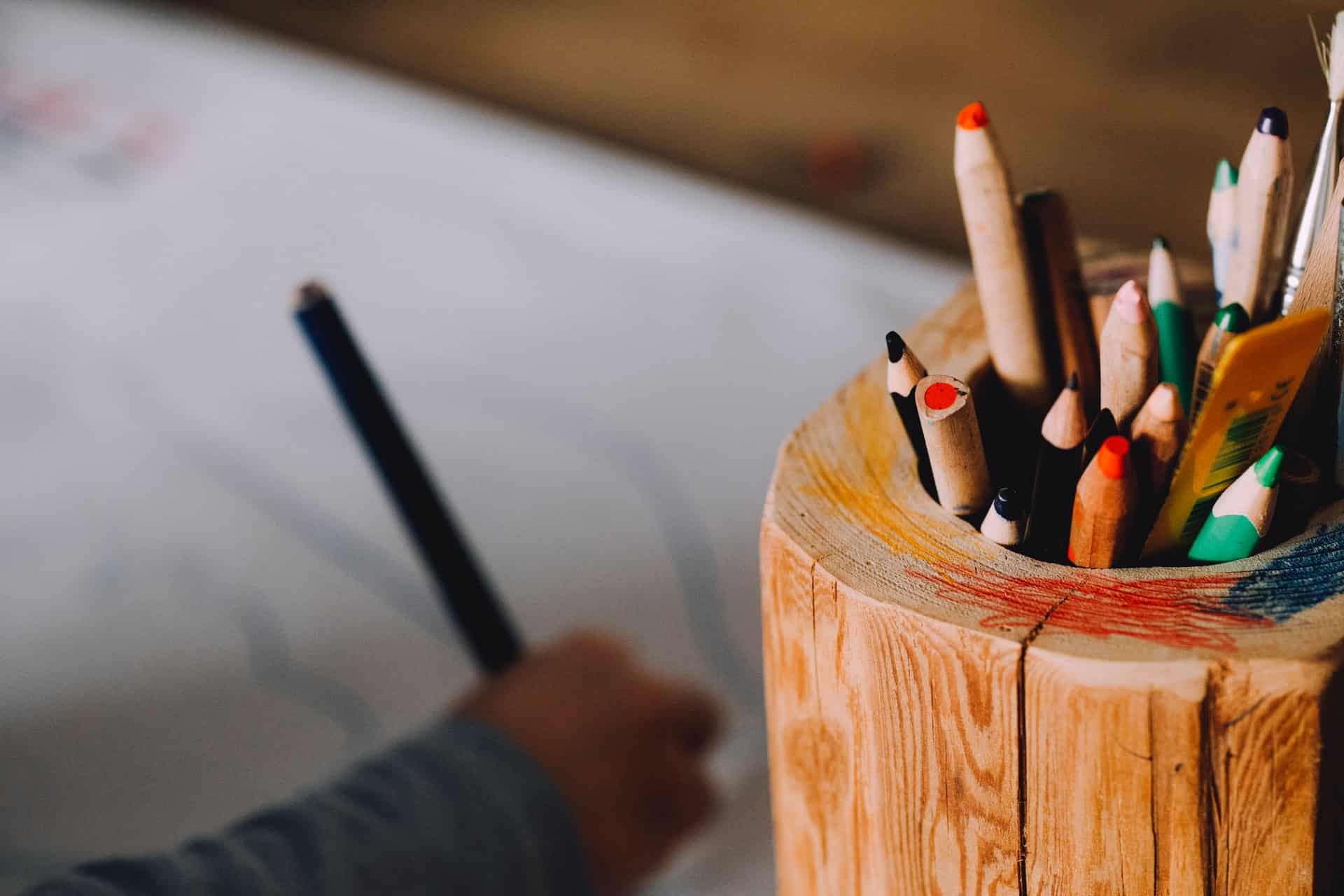Here Is Why Most Spaced Repetition Apps Don’t Work and How to Fix It

Regardless of whether you use Spaced Repetition Apps or not, you can’t deny that there is some controversy among language learners whether such programs are truly effective. Some people swear by it while others prefer more old-fashioned pen-centered strategies. It gets even better! Even among SRS enthusiasts, you can find different militant fractions. Some claim that Memrise is the best. Other that Quizlet is the way to go.
For many, it can be quite difficult to wrap their head around what’s true and what’s not. Let’s sort it out so you can finally know the answer.
What’s the scientific consensus about Spaced Repetition Apps
If you have ever seen one of the aforementioned squabbles online, the first thing you need to know is that opinions that SRS is ineffective are completely detached from reality. Spaced repetition is among the most thoroughly researched memory-related phenomena in the world. Its efficacy has been replicated in hundreds of comprehensive and extensive studies (read more about choosing the best language learning methods).
It is effective on a variety of academic fields and mediums.
Spacing effects can be found in:
- various domains (e.g., learning perceptual motor tasks or learning lists of words) such as spatial44
- across species (e.g., rats, pigeons, and humans [or flies or bumblebees, and sea slugs, Carew et al 1972 & Sutton et al 2002])
- across age groups [infancy, childhood, adulthood, the elderly] and individuals with different memory impairments
- and across retention intervals of seconds [to days] to months (we have already seen studies using years)
Source (probably the best article online about the spaced repetition, well worth checking out)
The benefits of spaced study had been apparent in an array of motor learning tasks, including:
- maze learning (Culler 1912)
- typewriting (Pyle 1915)
- archery (Lashley 1915)
- javelin throwing (Murphy 1916; see Ruch 1928, for a larger review of the motor learning tasks which reap benefits from spacing; see also Moss 1996, for a more recent review of motor learning tasks).
Heck, there are almost no exceptions to this phenomenon. Sure, there is maybe 5% of studies which haven’t replicated these findings. But upon reading more about their design and methodologies used, one might conclude that they are often an example of bad science.
The only notable exception I have seen so far is that children can often fail to exhibit a spacing effect unless they process learning material in a certain way. This, however, is a topic for another article.
Where does all this controversy about the effectiveness of SRS programs come from then? I will get to it soon.
First, let’s concentrate on what makes learning truly fast and effective.
Encoding – the most important criterion for effective learning
A simple model of memory
The process of memorization can be depicted in the four following steps:
- Retention intention
- Encoding – involves initial processing of information which leads to the construction of its
mental representation in memory - Storage – is the retention of encoded information in the short-term or long-term memory
- Recall – is the retrieval of stored information from memory
Let’s concentrate on the second step of this process. Clearly, you can see that it’s a gateway to the land of remembering. But what does encoding really mean?
“Encoding is any kind of attempt of manipulating a piece of information in order to increase your chances of memorizing it.”
What’s more, there are two kinds of encoding.
Two types of encoding
Shallow encoding
Shallow encoding doesn’t help you to connect the piece of information with other meaningful information nor does it help you to further your understanding of it. It usually concentrates on meaningless banalities.
Example: you are trying to memorize the word “skada” (Swedish for “to damage”). The prime example of shallow encoding would be to start counting the number of vowels or consonants in this word.
Deep encoding
The absolute opposite of shallow encoding. This time you are trying to make a meaningful connection between different items. The more the better.
Deep encoding is so powerful for your learning that it even shows up in brain scans as increased activity in key brain areas associated with memory. It is this activity that appears to give deep processing its memory advantage. (source: How Memory Works–and How to Make It Work for You).
So what’s the example of deep encoding in the world of language learning? Creating sentences or saying them out loud, to be more precise.
Interestingly, every time I say it, there is always someone who seems surprised. I guess the reason being that we don’t appreciate enough how complicated it is for our brains to create a sentence.
Why creating sentences is so complicated
In order to create even the simplest of sentences you have to:
- remember actively the words you are currently learning
- remember all the other words in the sentence actively
- connect them in a meaningful way
- apply all the known grammar rules
- choose the appropriate register of the sentences (i.e. a form of a language used for a particular purpose or in a particular social setting)
- remember the pronunciation of all the words in the sentences
- pronounce all the said words by using your muscles
As you can see, it’s not that trivial to produce a sentence. And that’s why this process is so meaningful and memorable for your brain.
Initially, a lot of my students grumble about having to create many sentences. They say it’s too exhausting. I agree. The thing is that producing sentences equals knowing and being able to use a language!
To make your inner geek happy, it’s worth mentioning that encoding is very often connected with two other principles of memory which make your learning even more effective:
The level of processing effect (Craik & Lockhart, 1972) – the more you process a given piece of information, the better you remember it.
The generation effect (Slamecka & Graf, 1978) – active production of a given piece of information increases your chances of permanently storing it in your long-term memory.
Read more about optimizing your language learning here.
Interesting, right? Now it’s time to answer the most important question – what if somebody is too lazy to actually go through all the trouble of producing sentences?
Consequences Of Lack Of Encoding (i.e. why most Spaced Repetition Apps don’t work)
I hope that the following paragraph will help you make a very important decision – never ever use or buy any learning app. I don’t care that you read that Gabriel Wyner is working on a revolutionary app or that Memrise has a better algorithm now.
The most important and effective thing you can do for your learning is to create multiple contexts (i.e. sentences) for a word you want to learn. Simply repeating ready-to-use flashcards, especially the ones without any context, won’t work well. This simple fact renders all the memory apps combined useless. ANKI is really all you need.
Think for a second about the solution those apps dish out to you. Most of the time they simply give you ready-to-use flashcards, often without any context! Or meaningless games which perpetuate shallow encoding. Or even when you see a flashcard with a word in the context, it was not encoded by you and thus it will be way harder to remember.
Time to stop looking for magical solutions. You won’t find them in apps.
To my chagrin, I don’t see any big company talking about this. Of course, the reason is obvious. If you pay for an app, you have to be convinced that it’s truly magical and life-changing. I don’t think they would sell well if the owners started screaming from the rooftops “They are sh*t! What’s truly magical is the effort you put into encoding your vocabulary”!
Read more about Common Language Learning Mistakes and How To Fix Them With Lean Language Learning.
SRS programs are just a white canvas
The right way of thinking about such programs is seeing them as a white canvas.
Algorithms underpinning them are close to perfect in themselves. Unfortunately, some people crap in their hand and insist on smearing it until they get a one-eyed unicorn. The next thing you know is they are running around the internet and screaming that SRS programs don’t work. You can’t be lazy when you learn.
I know that doing ready-to-use flashcards seems “quicker” to use because you don’t have to invest too much energy into producing them. However, in reality, they are more time-consuming in the long run because you need to spend more time repeating words unnecessarily.
It has to do with the mechanism of passive rehearsal which is simply a mindless act of rattling off a cluster of pre-prepared information. Many years ago it was actually proven that it has little effect on whether or not information is later recalled from the long-term memory (Craik & Watkins, 1973).
If you ever want to use such flashcards, simply treat them as a source of vocabulary to learn. Other than that, simply encode your vocabulary and you will be fine. All ready-to-use flashcards can do is create the illusion of time-efficiency while slowing your progress down at the same time.
To sum up, currently there is no other technology, including virtual reality, which is as effective as spaced repetition programs. However, if you don’t actually put in the effort and try to produce sentences for the words you learn then you waste most of the potential of this software.
Quick learning is not about time but about the effort.
Done reading? Time to learn!
Reading articles online is a great way to expand your knowledge. However, the sad thing is that after barely 1 day, we tend to forget most of the things we have read.
I am on the mission to change it. I have created over 30 flashcards that you can download to truly learn information from this article. It’s enough to download ANKI, and you’re good to go.







